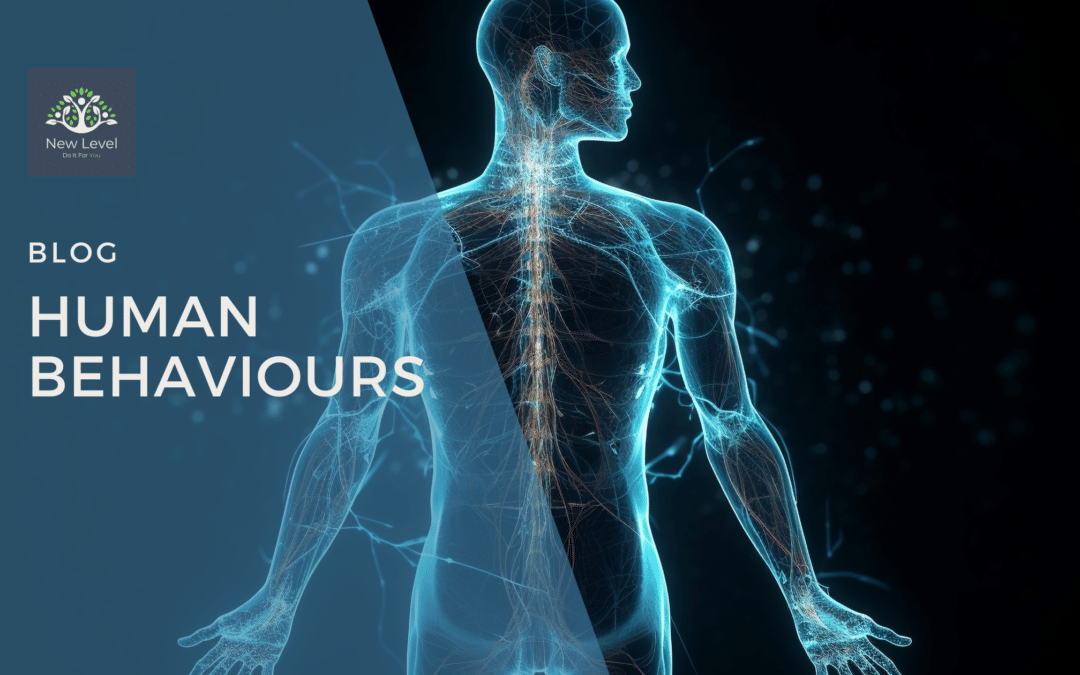In Western culture, we often favour concrete thinking—things we can see, measure, and back up with research. There’s an unspoken hierarchy when it comes to what we take seriously. A broken arm evokes immediate concern; a broken spirit? Not so much.
Even as we head into 2025, the stigma around emotional and mental health lingers. I once sat in a boardroom where an employee’s absence was explained as due to “depression.” The mood in the room shifted uncomfortably—sideways glances, silent scepticism. But the moment someone added, “He also has glandular fever,” a collective nod of understanding followed. Suddenly, the depression was seen as legitimate—because it had a physical, biological cause.
I’ve encountered this bias repeatedly, especially in professional environments. Recently, during a leadership training session focused on “drive and energy to act,” I noticed the more seasoned executives appeared hesitant. To them, energy was a matter of self-discipline, perhaps even grit. But when I brought up dopamine—a chemical in our bodies that directly influences motivation and vitality—their interest was sparked. The concept became acceptable once it was linked to biology.
Later in the session, we did a more intuitive exercise using five images to explore subconscious themes: ambition, spirituality, home environment, personality style, and emotional tendencies. It’s a tool I’ve used for over 35 years, first learned while studying psychiatry. I told the group, transparently, that there was no hard science behind this. But I’ve always found the results uncannily insightful.
Scepticism filled the room, but they humoured me. One of the more analytical leaders allowed me to interpret his sketches. “You won’t get much from those scribbles,” he warned. Yet, within moments, I shared observations that surprised him: a deep dissatisfaction with his home life, ambitions beyond his current role, a tendency toward extroversion masked by a professional persona, and a recent openness to explore spirituality after years of dismissing it.
He was stunned. “That’s scary accurate,” he said. The energy in the room changed. Suddenly, this intuitive, non-scientific exercise had credibility—not because of data, but because it resonated deeply.
Here’s the thing: not everything meaningful needs to be scientifically proven. If a practice helps you better understand yourself, feel more connected, or navigate life with greater clarity, that’s enough. Proof is comforting, yes—but personal truth is powerful.
This experience reminded me why intuition matters more than proof in personal growth—because what truly resonates doesn’t always need scientific validation. If it works for you and serves you well—embrace it.

